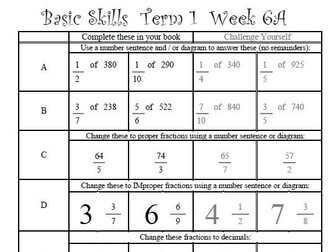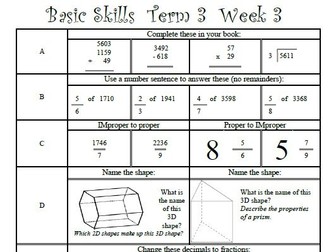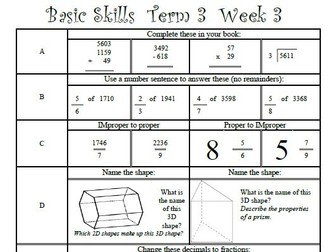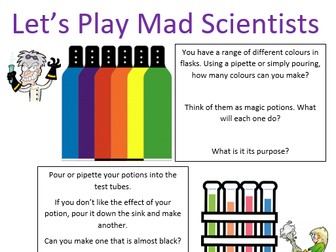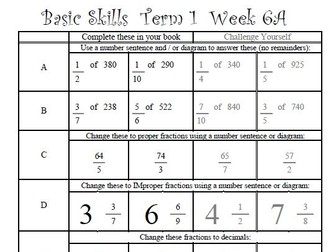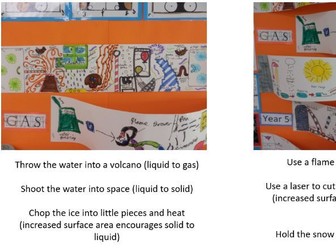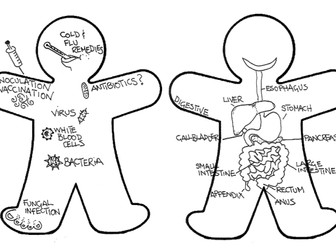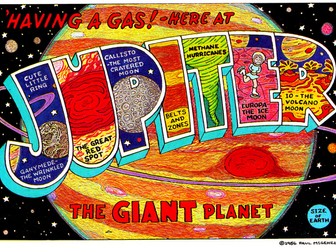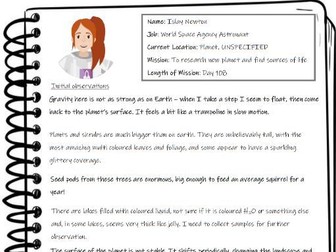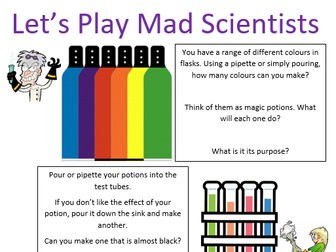
Maths worksheets basic skills
*** AVAILABLE NOW to purchase from TES*** £9.99 for a whole year’s weekly Maths lessons. Please download and leave feedback. Thanks
These worksheets are a lesson in themselves, once a week. They are a consolidation of lessons during the week and formalising written methods to solve these problems.
KS2 Basic Skills is a downloadable book of weekly worksheets (for a whole year!) and support the KS2 curriculum - good for Y4 extension, Y5 SAT revision and preparation for 11+ and Common Entrance exams and Y6 revision.
It’s ONE lesson per week you don’t need to plan for!!!
Buy the whole series here from TES:
https://www.tes.co.uk/teaching-resource/basic-skills--standard-edition-10001944
https://www.tes.co.uk/teaching-resource/basic-skills--challenge-edition-10001943
